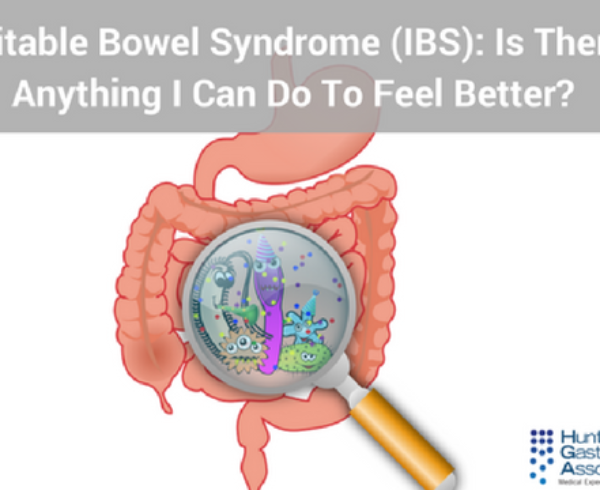IBS Awareness Month is a great time to talk more about the very common disorder that affects many people’s lives. There is a stigma around IBS or Irritable Bowel Syndrome and because we don’t talk about it as much as we should, it is often misunderstood.
Signs and symptoms of IBS include cramping, abdominal pain, bloating, gas, and diarrhea or constipation, or both. IBS is a chronic condition that needs to manage long-term.
Only a small number of people with IBS have severe signs and symptoms. Some people can control their symptoms by managing diet, lifestyle, and stress.
Causes
The precise cause of IBS is unknown. Factors that appear to play a role include:
Muscle contractions in the intestine. The walls of the intestines are lined with layers of muscle that contract as they move food through your digestive tract. Contractions that are stronger and last longer than normal can cause gas, bloating and diarrhea.
Nervous system. Abnormalities in the nerves of your digestive system may cause you to experience greater than normal discomfort when your abdomen stretches from gas or stool. Poorly coordinated signals between the brain and the intestines can cause your body to overreact to changes that normally occur in the digestive process, resulting in pain, diarrhea or constipation.
Severe infection. IBS can develop after a severe bout of diarrhea (gastroenteritis) caused by bacteria or a virus. IBS might also be associated with a surplus of bacteria in the intestines (bacterial overgrowth).
Early life stress. People exposed to stressful events, especially in childhood, tend to have more symptoms of IBS.
Changes in gut microbes. Examples include changes in bacteria, fungi and viruses, which normally reside in the intestines and play a key role in health. Research indicates that the microbes in people with IBS might differ from those in healthy people.
Triggers
Symptoms of IBS can be triggered by:
Food. The role of food allergy or intolerance in IBS isn’t fully understood. A true food allergy rarely causes IBS. But many people have worse IBS symptoms when they eat or drink certain foods or beverages, including wheat, dairy products, citrus fruits, beans, cabbage, milk and carbonated drinks.
Stress. Most people with IBS experience worse or more frequent signs and symptoms during periods of increased stress. But while stress may aggravate symptoms, it doesn’t cause them.
Risk factors
Many people have occasional signs and symptoms of IBS. But you’re more likely to have the syndrome if you:
Are young. IBS occurs more frequently in people under age 50.
Are female. In the United States, IBS is more common among women. Estrogen therapy before or after menopause also is a risk factor for IBS.
Have a family history of IBS. Genes may play a role, as there are many shared factors in a family’s environment or a combination of genes and environment.
Have anxiety, depression or other mental health issues. A history of sexual, physical or emotional abuse also might be a risk factor.
When to see a doctor
See your doctor if you have a persistent change in bowel habits or other signs or symptoms of IBS. They may indicate a more serious condition, such as colon cancer. More serious signs and symptoms include:
- Weight loss
- Diarrhea at night
- Rectal bleeding
- Iron deficiency anemia
- Unexplained vomiting
- Difficulty swallowing
- Persistent pain that is not relieved by passing gas or a bowel movement
If you are experiencing symptoms or would like to learn more about IBS; call the doctors at Hunterdon Gastroenterology Associates today! 908-483-4000
Mayoclinic.2020







